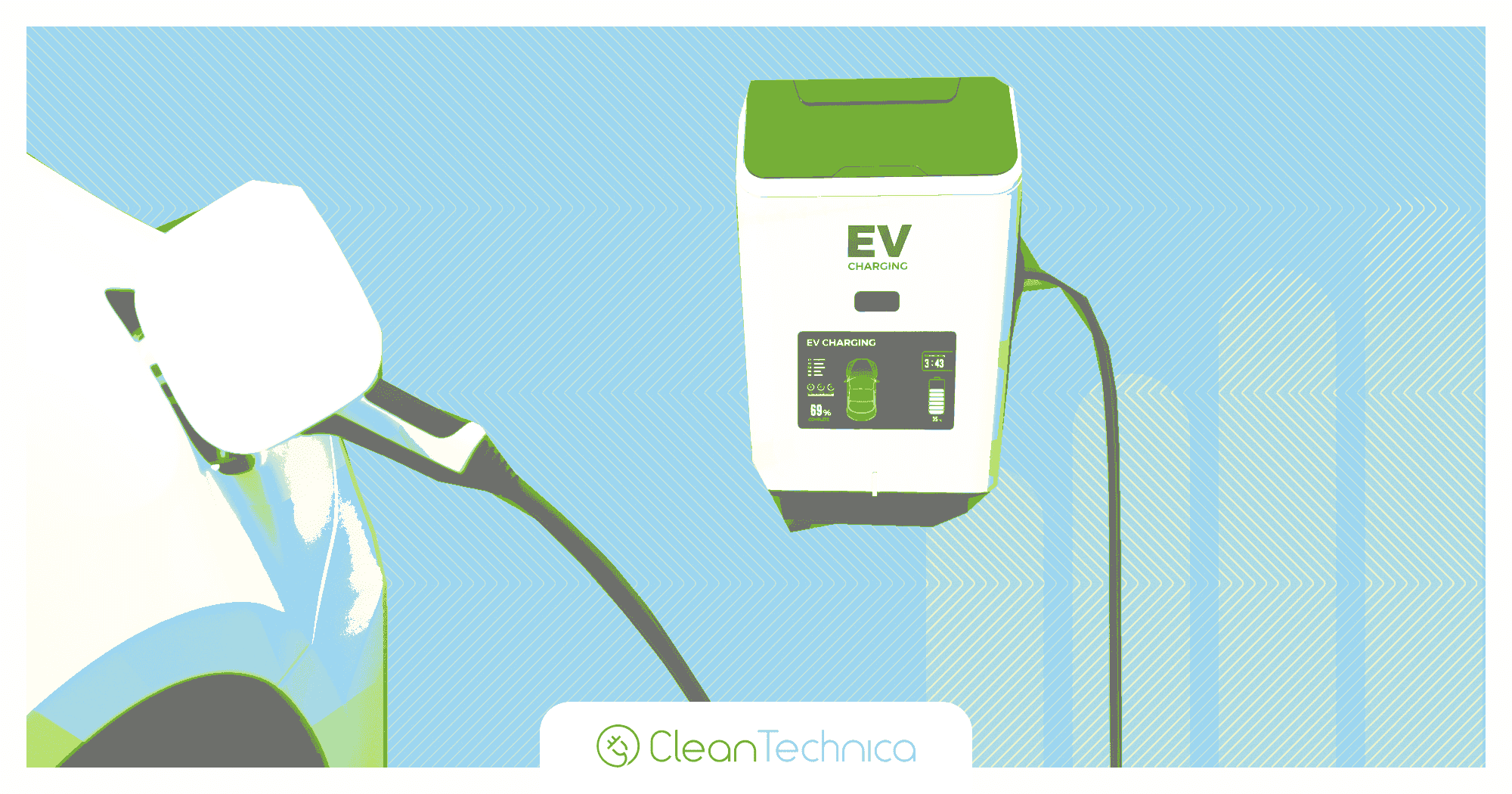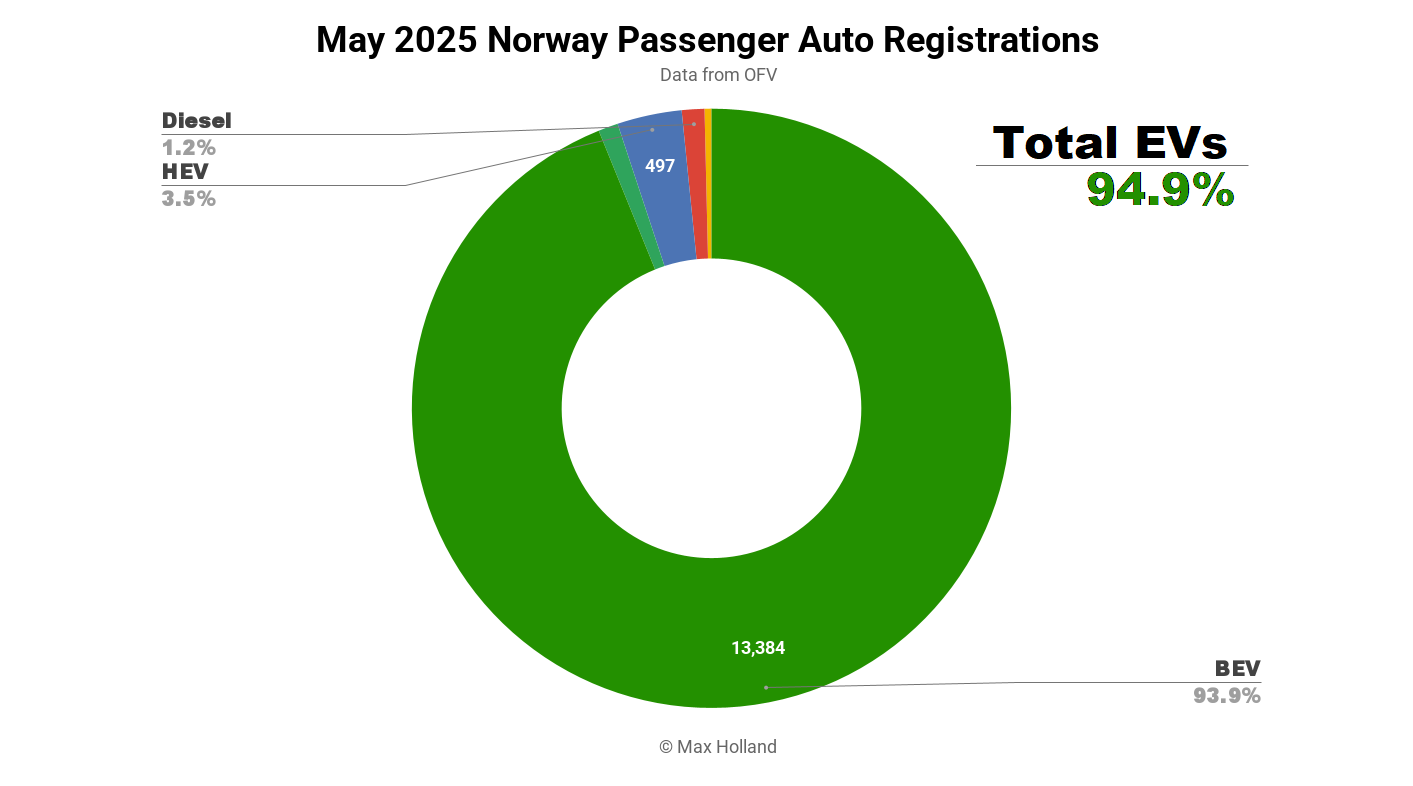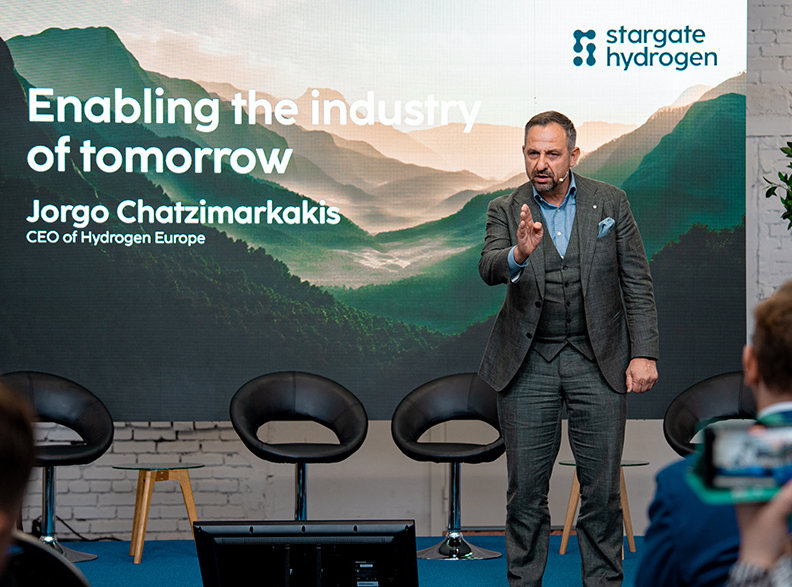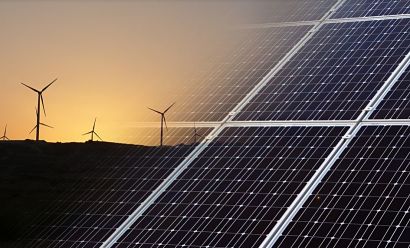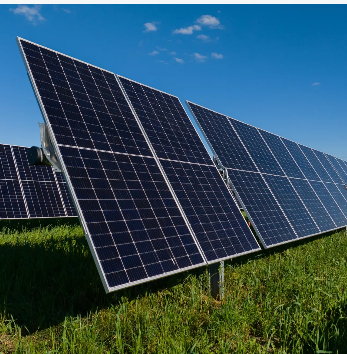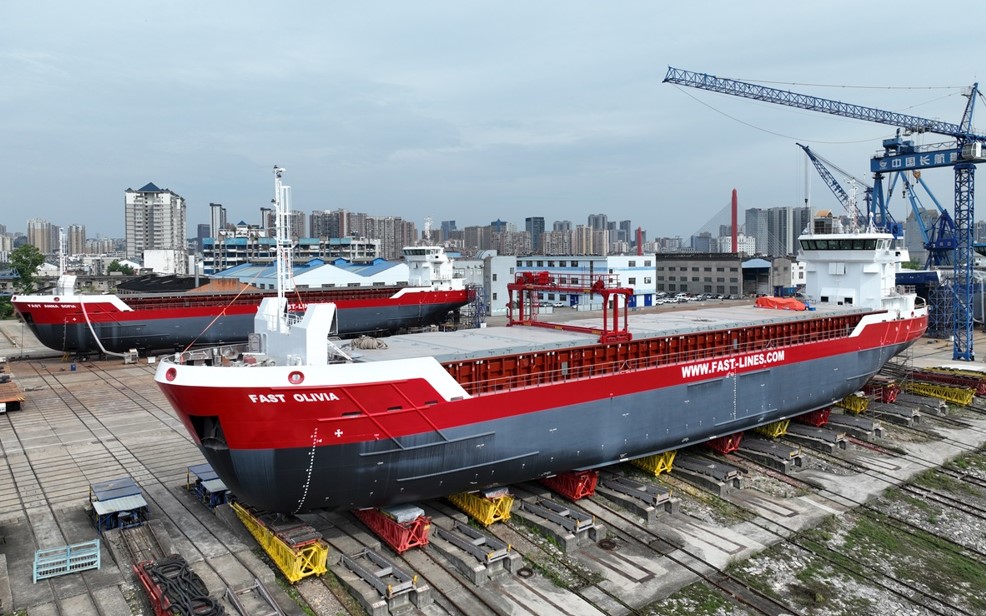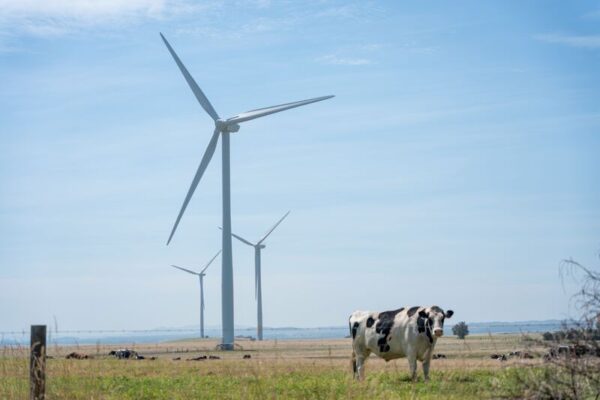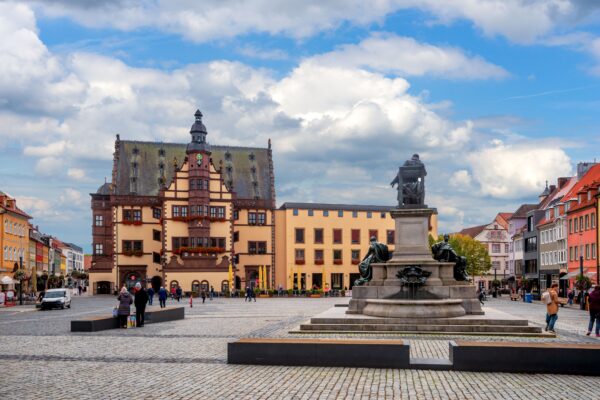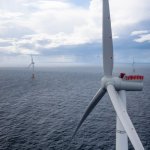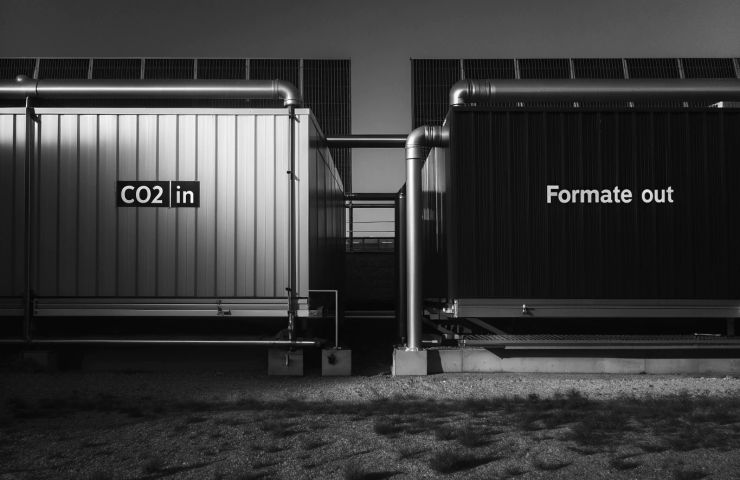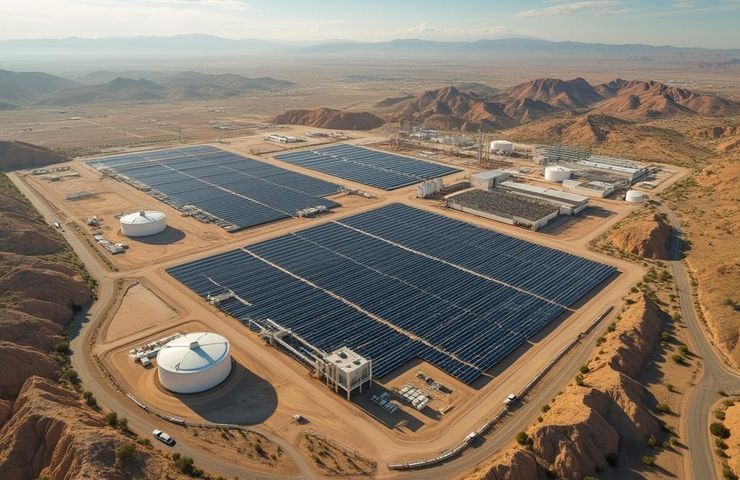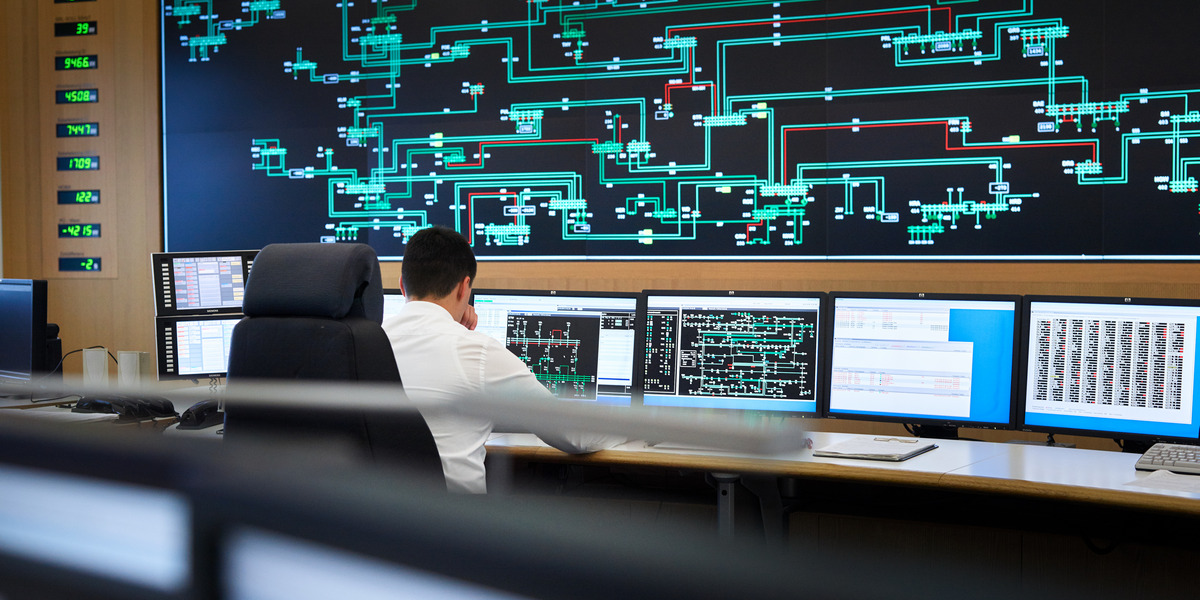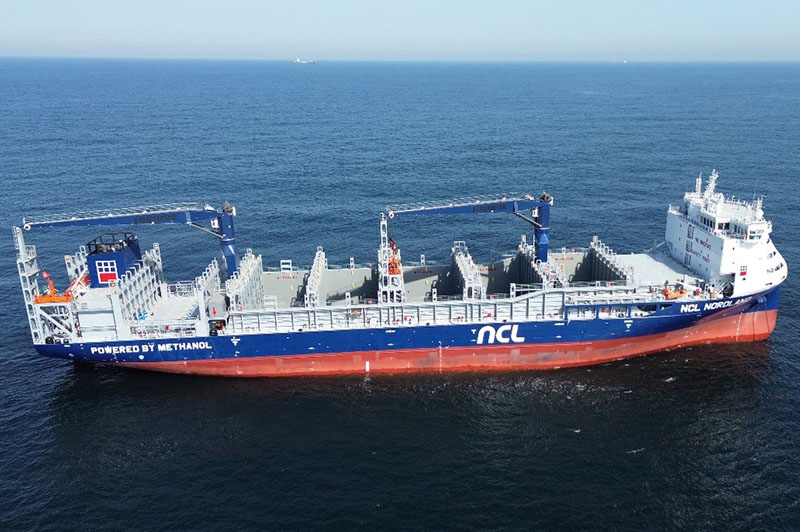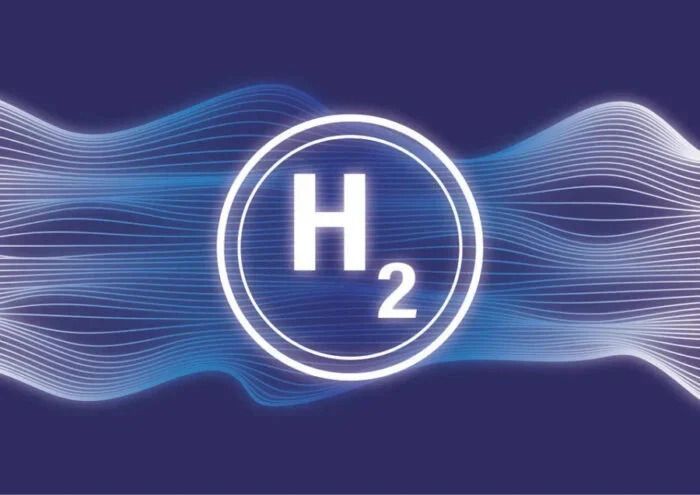India and Germany Unveil $1.3B Green Hydrogen Export Hub in Andhra Pradesh
India and Germany are teaming up on a massive $1.3 billion project to put Andhra Pradesh on the map as…
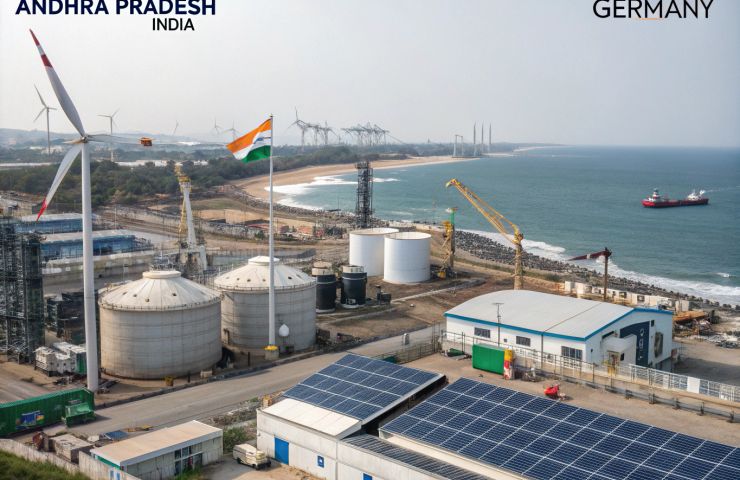

India and Germany are teaming up on a massive $1.3 billion project to put Andhra Pradesh on the map as a global hub for green hydrogen and clean ammonia exports. If everything goes according to plan, this cutting-edge facility will be up and running by 2029.
Turning sunshine and wind into clean fuel
The project is being driven by Juno Joule Green Energy from India and Germany’s Select Energy GmbH. Together, they’re building a state-of-the-art plant that will churn out 180,000 tons of hydrogen per year. That hydrogen will then be turned into a whopping 1 million tons of green ammonia annually, all powered by renewable energy through electrolysis using solar and wind sources.
To meet the highest international standards, everything will be tracked using blockchain technology—fully compliant with German and EU regulations, including RFNBO certification. So it’s not just clean—it’s traceable down to the last molecule.
Strategic location with serious potential
The entire facility will be based at Mulapeta Port, taking full advantage of Andhra Pradesh’s coastal wind power and its rapidly growing renewable energy infrastructure. It’s an ideal spot, especially since the region has already positioned itself as a manufacturing hotspot for green tech.
The first phase is scheduled to kick off in 2026, with clean hydrogen production earmarked for local use—particularly to help fertilizer manufacturers decarbonize their operations.
Pushing forward the global clean energy mission
This project isn’t just about fueling local industry. It ties closely to India’s National Green Hydrogen Mission and Germany’s H2Global initiative, targeting industrial decarbonization and helping Europe hit its REPowerEU targets. While figures for job creation and renewable capacity haven’t been confirmed yet, the scale of investment alone signals a big leap forward for both countries in terms of climate diplomacy and clean energy trade.
What's Your Reaction?












